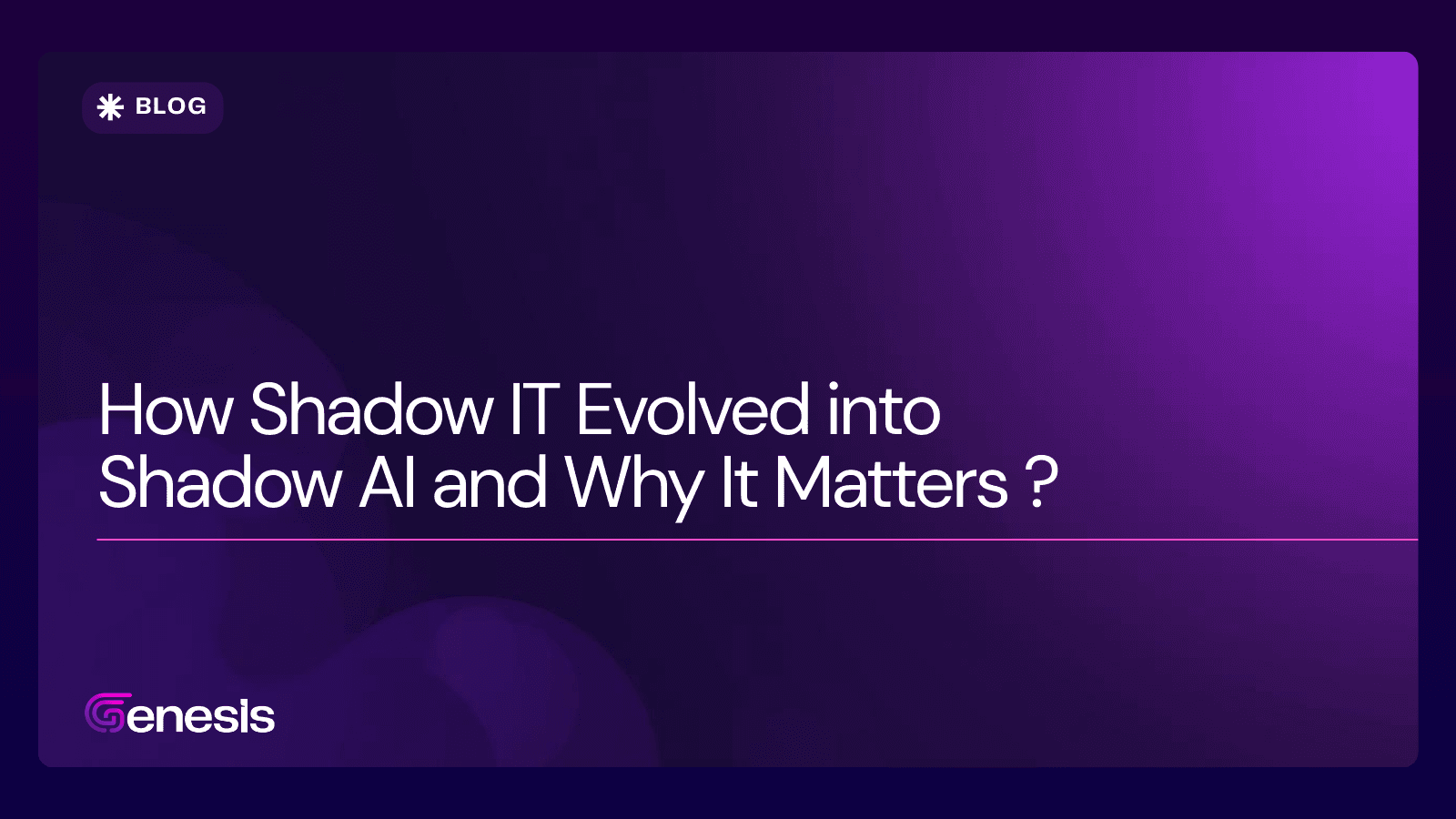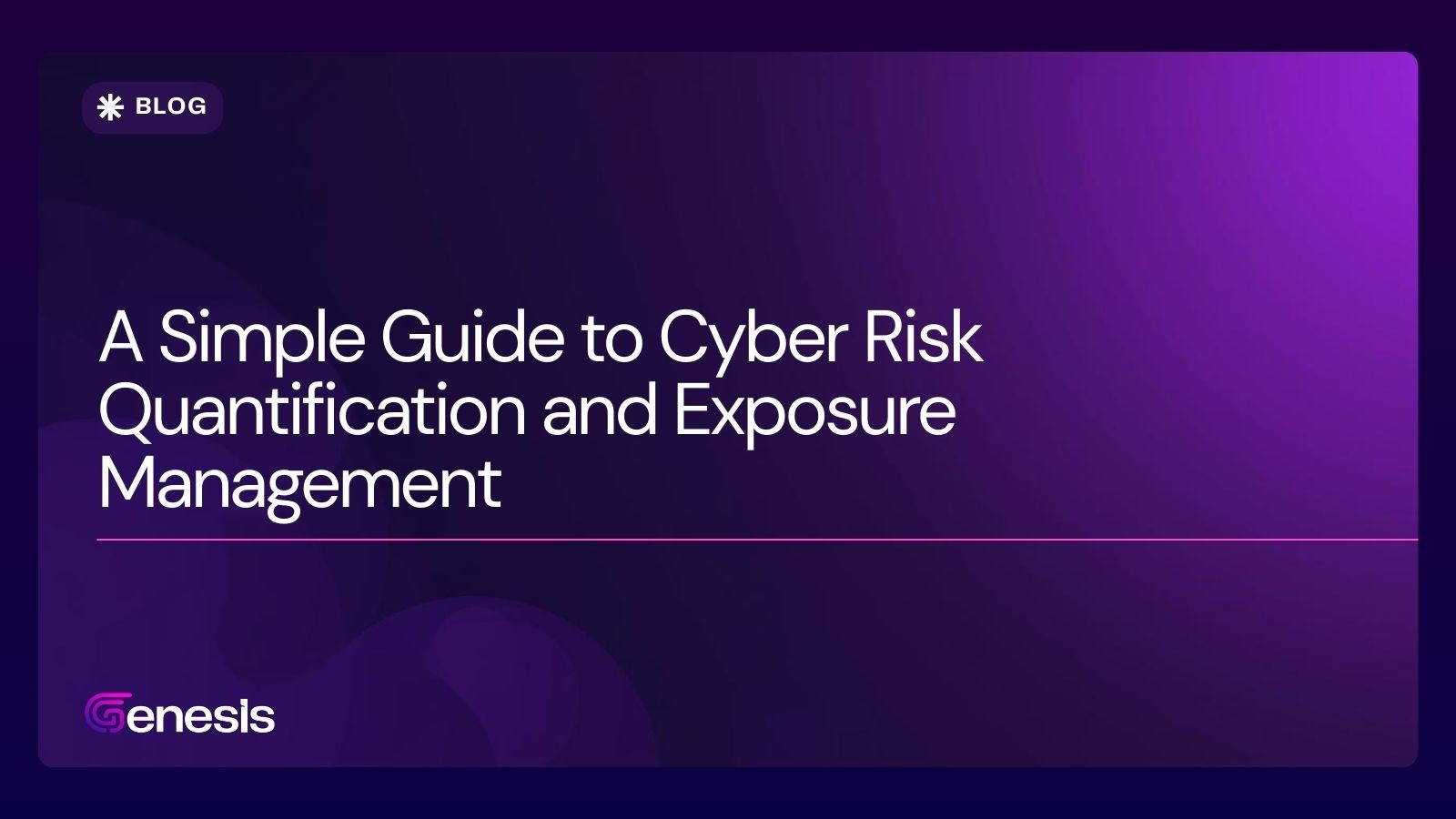Platform
Oct 10, 2023

Syed Amoz

Businesses that handle cardholder data must comply with the Payment Card Industry Data Security Standard (PCI DSS). The Self-Assessment Questionnaire (SAQ) is crucial for verifying a company's security measures for payment transactions. A well-completed SAQ reflects the company's commitment to protecting sensitive payment data and adherence to security protocols.
The Importance of PCI DSS Compliance
PCI DSS compliance serves as a strategy to reduce risks such as data breaches, building customer trust and ensuring secure operations. It also helps businesses avoid regulatory fines and sanctions, boosting their reputation in the marketplace.
Different SAQ Types: Matching Your Business Needs
SAQs vary depending on how businesses process cardholder data:
SAQ A: For businesses outsourcing cardholder data handling.
SAQ A-EP: For e-commerce merchants using third parties for payment processing.
SAQ B: For businesses using standalone terminals without storing cardholder data.
SAQ C: For merchants processing payments through internet-connected systems.
SAQ D: For entities handling cardholder data not covered by other SAQs.
Strategic Approach to Completing Your SAQ
The steps for SAQ completion include identifying your merchant level, selecting the appropriate SAQ, performing a self-assessment, completing the Attestation of Compliance, and submitting necessary documentation to relevant financial institutions.
Exploring the PCI DSS Requirements
PCI DSS outlines 12 essential requirements, including:
Installing and maintaining firewall configurations.
Protecting stored cardholder data with encryption.
Encrypting transmission of data across public networks.
Implementing malware protection and secure systems.
Regularly testing security systems and processes.
Continuous Compliance: A Long-term Benefit
Maintaining PCI DSS compliance is an ongoing task, helping prevent breaches and building trust with customers. Continuous compliance ensures businesses stay proactive in securing customer data and adapting to new security threats.
About Genesis
Genesis is a cyber risk management platform that combines attack surface and third-party risk management. By monitoring cybersecurity posture and mapping digital assets, Genesis helps businesses prevent data breaches and identify vendor threats.






